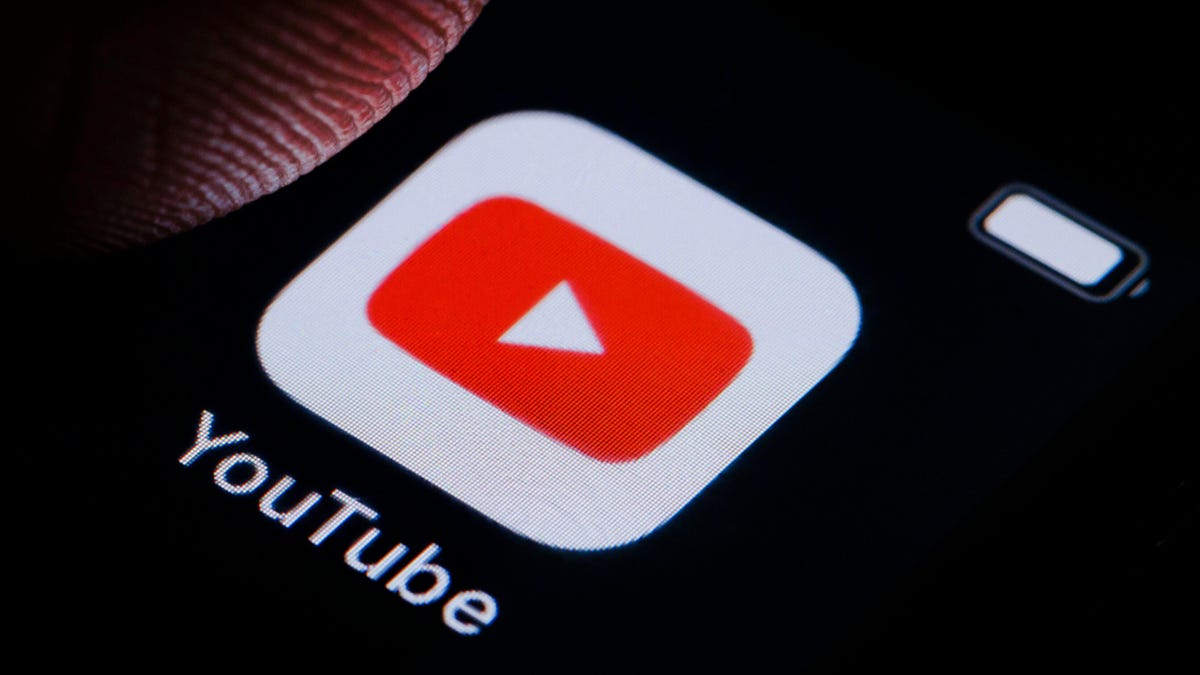The last thing an alcoholic wants to see is YouTube ads featuring alcohol, which can trigger the desire to drink. The same goes for someone who has perhaps experienced a miscarriage and continues to see YouTube ads for diapers and baby clothes, sending people into a spiral of depression. But if you’re struggling with anything from eating disorders to gambling addiction, there’s actually a way to turn those ads off in YouTube’s settings.
Gizmodo obtained consumer complaints made to the FTC about ads on YouTube through a Freedom of Information Act request. And the complaints indicate that at least some people are unaware of the ability to turn off various sensitive topics in the ads being served to them across Google’s entire ecosystem.
“I am a recovering alcoholic who still deals with triggers,” one complaint to the FTC reads. “I had noticed that YouTube was pushing estimated 95-99% all alcohol ads on my YouTube account. Which are all very dangerous triggers for me, my health, and my life (this could cause me to relapse and either OD, kill myself, or others).”
The complaint goes on to explain that this person had reached out to YouTube trying to block all alcohol-related ads, but it sounds like they didn’t quite understand YouTube’s instructions.
“I reached out to YouTube to inquire about what was going on (this has never been a thing for over 10yrs of having an account until now),” the complaint continues. “They replied to check my ad preferences. NONE of which include anything to do with alcohol in any nature way or form, never have.”
Complaints to the FTC released under the Freedom of Information Act always redact personal information—whether they’re about anything from dating sites to dog-sitting apps—making it impossible for Gizmodo to independently verify their accuracy. But other comments online share the same sentiment, with some internet users unaware of how to stop seeing YouTube ads that might be triggering.
“I just watched an 8 minute video, and I got 3 ads. One for Coral Bingo (Gambling), one for PaddyPower (Gambling) and one for Camden Brewery (Alcohol),” one user of the subreddit dedicated to discussion of YouTube recently commented. “I don’t want to go into my background but I’d rather not have these types of adverts, is there a way to block these types of adverts? I understand that YouTube wants to make money, but forcing gambling and drinking upon me feels like a step too far.”
For its part, YouTube stressed to Gizmodo that the video-sharing site started providing the ability to block things like alcohol ads in 2020 and there’s an option to turn off targeted ads on the platform altogether.
“We offer easy-to-use tools that give people real control over the ads they see on Google, including YouTube. People can go to My Ad Center directly from an ad to block or like it, or with just a few clicks, limit ads on sensitive topics and manage what information is used to inform the ads they see,” a Google spokesperson told Gizmodo Friday morning.
How can you actually turn off the ads on sensitive topics? It does take a few clicks, but these are the steps:
- Visit Google’s My Ad Center.
- Click on “Customize Ads” on the left panel.
- Click on the tab that reads “Sensitive” on the far right.
- Toggle off any topics you don’t want to see among the options: Alcohol, Dating, Gambling, Weight Loss, and Pregnancy and Parenting.
The screenshot below shows what all of this looks like visually.
There’s also a video on YouTube that explains the options for limiting ads.
Google does warn that turning off ads for things like alcohol won’t stop you from seeing alcohol in other ads. “For example, an ad for an airline may show a passenger being served alcohol,” the company explains on its website. And searches for alcohol will still deliver ads for alcohol, of course.
It can be a tough world out there on the internet, as we’re constantly inundated with ads for things we don’t want or need. But it’s somewhat comforting to know you can turn off some of the most offensive ad messages, especially when so many people are struggling with mental health issues exacerbated by those same ads.

